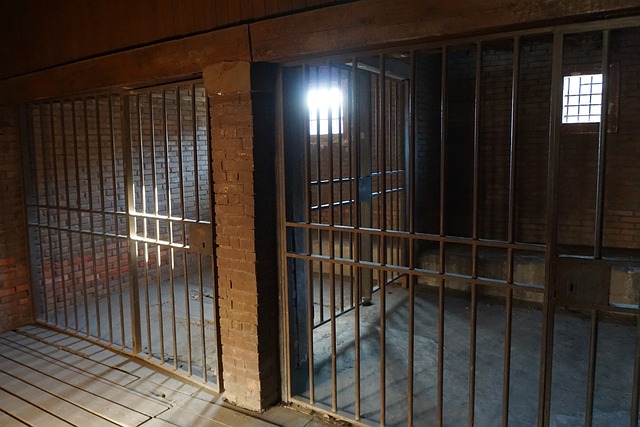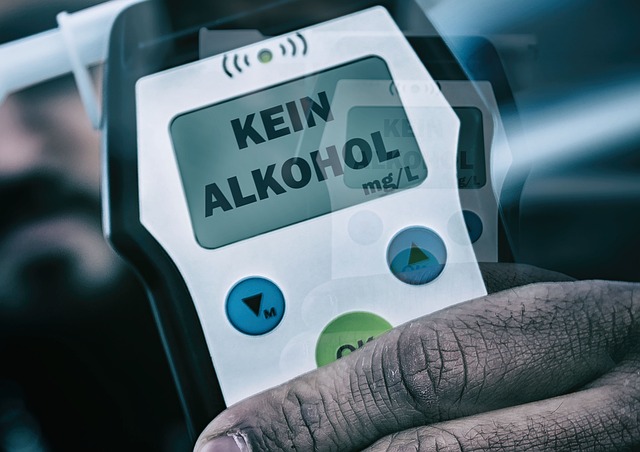Rural community DUI prevention faces unique challenges due to low density and limited public transport, requiring tailored strategies. While zero-tolerance policies deter behavior, they may stigmatize individuals and overlook educational opportunities. Effective prevention focuses on enhanced awareness, stricter penalties, and improved alternative transportation to mitigate these obstacles, fostering a culture of accountability and support.
“College campuses across the nation implement Zero Tolerance policies for DUI (drunk driving) offenses, particularly in rural communities where such incidents pose unique challenges. This article delves into the multifaceted issue, examining the pros and cons of strict zero-tolerance rules. We explore their impact on campus safety and student life, consider alternative prevention and education strategies, and discuss the delicate balance between public safety and supportive measures in rural community DUI prevention.”
- Rural Communities Face Unique DUI Challenges
- Zero Tolerance Policies: Pros and Cons Examined
- Impact on Campus Safety and Student Life
- Alternative Approaches to Prevention and Education
- Balancing Public Safety with Supportive Measures
Rural Communities Face Unique DUI Challenges

Rural communities often face unique challenges when it comes to DUI prevention. With lower population densities and limited access to public transportation, rural residents may rely more heavily on personal vehicles for daily commutes. This can increase the risk of impaired driving, as individuals may feel less deterred by potential consequences in less densely populated areas.
Additionally, rural communities often lack the same level of enforcement presence as urban centers. Limited police resources and longer response times can make it harder to proactively patrol for drunk drivers and swiftly respond to incidents. As a result, Rural Community DUI Prevention requires targeted strategies that address these specific challenges, such as increased public awareness campaigns, stricter penalties, and improved access to alternative transportation options.
Zero Tolerance Policies: Pros and Cons Examined

Zero Tolerance Policies, often employed on college campuses, have both advocates and critics. The approach is designed to maintain a safe learning environment by imposing strict consequences for rule-breaking students. In many cases, this means automatic expulsion or severe disciplinary action for offenses ranging from academic dishonesty to violent crimes. Proponents argue that such policies deter potential perpetrators and create a culture of accountability. This is especially significant in rural communities where DUI prevention is a pressing issue; zero tolerance can act as a powerful deterrent against alcohol-related incidents on and off campus.
However, critics point out the potential for unfair or disproportionate punishment, particularly for marginalized students. They argue that these policies may disproportionately affect first-generation college students, students of color, and those from lower socioeconomic backgrounds, who already face systemic barriers. Furthermore, some suggest that a zero-tolerance approach could stifle open dialogue about complex issues on campus, making it harder to address underlying problems like mental health struggles or social pressures. In the context of Rural Community DUI Prevention, while strict policies may deter some, they might also miss opportunities for education and rehabilitation, which are crucial for long-term behavior change.
Impact on Campus Safety and Student Life

The implementation of zero-tolerance policies on college campuses has significantly enhanced overall safety, especially in rural communities where crime rates are often lower but still pose risks. This approach, while strict, sends a powerful message that certain behaviors will not be tolerated, fostering an environment where students feel more secure. In terms of DUI prevention, for instance, these policies can deter high-risk behavior among young adults, many of whom come from the very rural communities they aim to protect.
The impact on student life is multifaceted. On one hand, it creates a safer and more predictable campus atmosphere, which is crucial for mental well-being and academic focus. However, critics argue that such policies may inadvertently stigmatize certain groups or individuals who make mistakes, hindering their ability to seek help without fear of repercussions. Balancing the need for safety with empathy and support remains essential in ensuring a healthy and inclusive learning environment.
Alternative Approaches to Prevention and Education

In addressing campus safety, especially regarding issues like drunk driving, a one-size-fits-all approach may not be effective, particularly in rural communities where college campuses are nestled. Alternative strategies focused on prevention and education are crucial here. For instance, implementing interactive workshops and awareness campaigns can empower students to make responsible decisions, emphasizing the potential consequences of DUI (drunk driving under influence) not just legally but also personally and academically.
Rural Community DUI Prevention initiatives can tap into unique local resources like community leaders and faith-based organizations to spread education and promote safe behaviors. These approaches foster a culture of accountability and support, enabling students to understand the impact of their actions on themselves and their close-knit rural communities.
Balancing Public Safety with Supportive Measures

In rural communities, where college campuses might be surrounded by a mix of residential areas and isolated terrain, achieving a balance between public safety and supportive measures is essential. While implementing strict policies like zero-tolerance for issues such as Rural Community DUI Prevention is appealing for maintaining order, it’s crucial to consider the potential impact on students’ well-being and development.
Supportive measures, like counseling services and educational programs focused on responsible decision-making, can be more effective in the long run than purely punitive approaches. These initiatives not only address immediate safety concerns but also foster a culture of responsibility and mutual support among students. Balancing these strategies ensures that the college environment promotes both security and personal growth.
College campuses, especially in rural communities, must strike a delicate balance between implementing strict zero-tolerance policies for DUI (Rural Community DUI Prevention) and fostering supportive environments that positively impact student life. By examining the pros and cons of such policies, it’s evident that alternative approaches focusing on education and prevention can enhance campus safety without compromising the well-being of students. Balancing public safety with supportive measures is crucial to creating a healthy academic environment where students can thrive without fear of excessive punishment.






